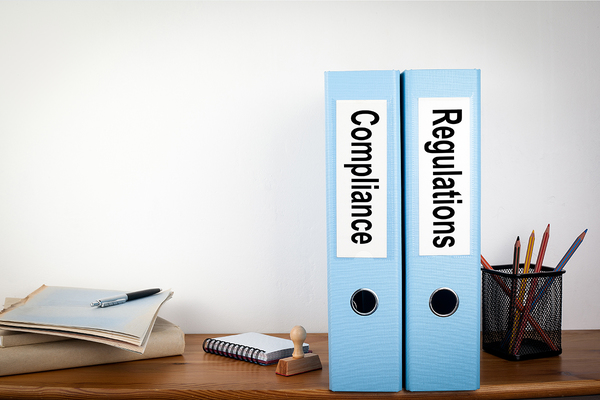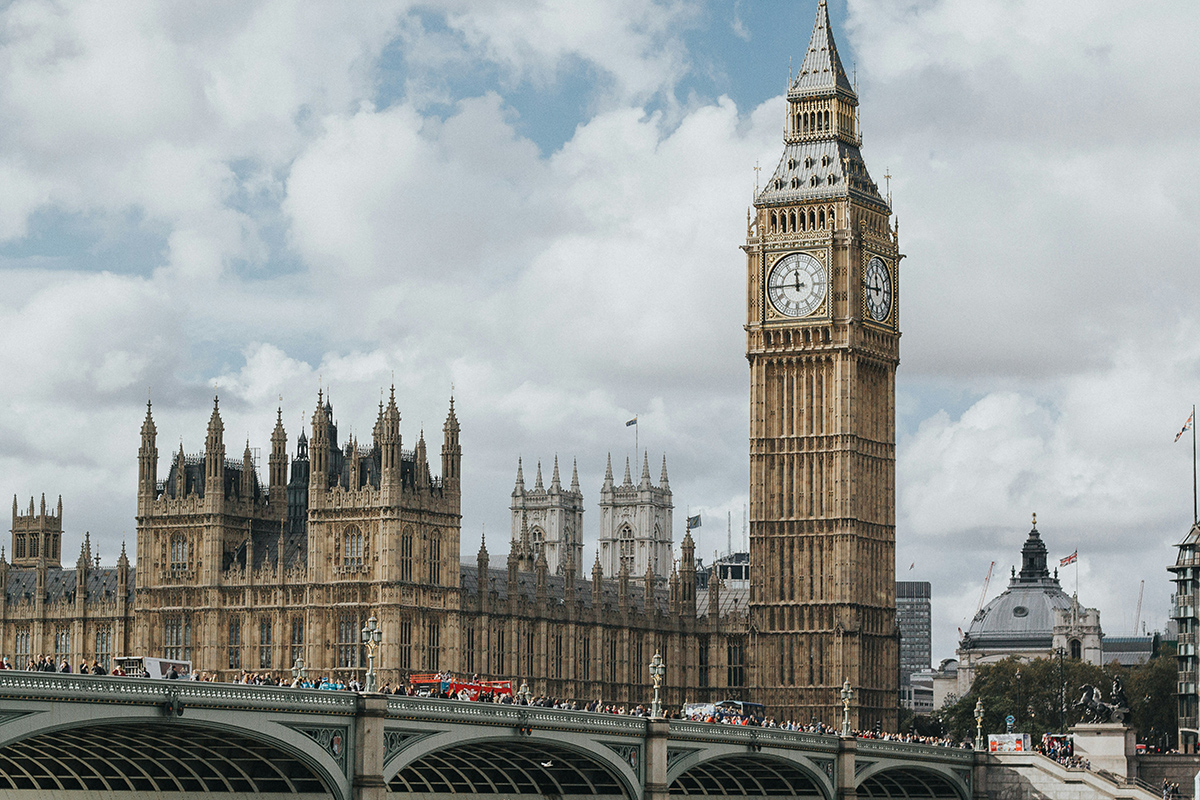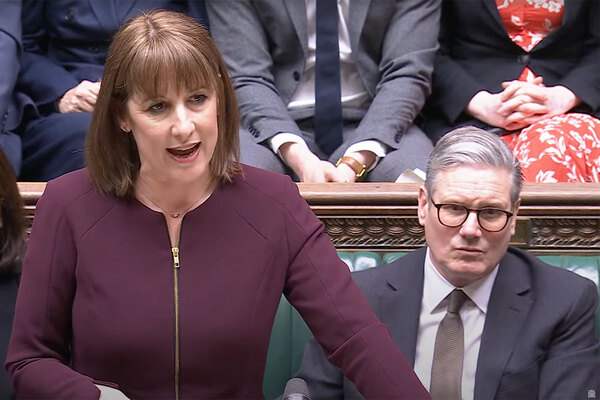Urgent reforms needed to fix ‘complete mess’ of exempt accommodation, MPs say
Urgent reforms are needed to fix the current system of exempt accommodation, which is a “complete mess”, a committee of MPs has said.
A report published last week by the cross-party Levelling Up, Housing and Communities (LUHC) Select Committee said that some residents’ experiences of exempt accommodation are “beyond disgraceful”.
Exempt accommodation is a type of supported housing that is used to house a range of people with support needs. These include homeless people, people who have experienced domestic abuse or who have just left prison, and those recovering from substance misuse issues.
The accommodation is exempt from locally set caps on housing benefits because costs can be higher. However, the committee said that the presence of loopholes in the current system “offers a licence to print money to those who wish to exploit it”.
Clive Betts, chair of the LUHC Committee, said: “The current system of exempt accommodation is a complete mess which lets down residents and local communities and which rips off the taxpayer.
“The government must act now to help councils to tackle this situation and ensure people get the quality housing and support services they need to move on with their lives.”
The MPs’ report claimed that some people’s situations actually deteriorate as a result of the “shocking conditions” in which they live.
The committee heard evidence of squalid environments, vermin, drug-taking, crime (including organised crime) and abuse. Among the very worst experiences heard, stories included residents being raped and sexually harassed by their landlords under threat of eviction.
Staff and landlords were accused of threatening residents, selling drugs to them and being complicit in anti-social behaviour. The committee was told of residents being made to undertake work on the property, for nothing or very little.
As a result of its inquiry, the committee made several recommendations.
The MPs said there was “compelling evidence” for national standards for referrals, support and accommodation. It said that within the next 12 months the government should publish these and give local authorities the power and resources to enforce them.
On the standards for the referral process, MPs said this should include a needs assessment, care, support or supervision to help them progress towards independence and employment.
The committee also urged the government to provide new funding to local authorities to ensure that they can carry out these duties to the best of their ability.
The report said better oversight of exempt accommodation is needed to get a grip on the “dire issues”.
It recommended a national oversight committee should be “urgently established”, consisting of the existing regulators.
The cross-party committee said that if the regulators worked more closely together in a more structured way it could improve monitoring of exempt accommodation.
The report also recommended the government make it compulsory for all supported housing providers to be registered. It said there needs to be a mechanism to ensure that there is better-quality provision and that standards are maintained.
The MPs also called on the government to set out how it will clamp down on those exploiting the lease-based model for profit and prohibit lease-based profit-making schemes from being set up.
The report said the lease-based model “has its place in exempt accommodation”.
However, it added: “It can be exploited by those whose primary objective is to make huge profits at the expense of the taxpayer.”
The government should also consider how to give councils greater control over rents for exempt accommodation to ensure value for money, the MPs recommended.
A review of exempt housing benefit claims should be conducted to determine how much is being spent and on what, the committee said.
The MPs also called for better data on the sub-sector. It said the government should organise the collection and publication of annual statistics at a local authority level for the exempt sector.
The committee said that data should be collected on the number of claimants, the number of providers, and the amount of money paid by both the Department for Work and Pensions and the local authority in exempt accommodation housing benefit.
The report also said the government should ensure that providers of exempt accommodation for survivors of domestic abuse have recognised expertise to provide specialist support and a safe environment.
Sam Lister, policy and practice officer at the Chartered Institute of Housing, who provided evidence to the committee, said: “The report is conclusive of our findings which showed the current systems of regulation, of which there are several, are not well co-ordinated, leaving gaps that unscrupulous landlords can and do exploit.
“We are pleased the committee has recognised this. A key aim of any legislation to tackle the problem must be to close these regulatory gaps.”
The Department for Levelling Up, Housing and Communities (DLUHC) said that the department is working to stop “unscrupulous landlords” exploiting vulnerable people for profit.
“It is unacceptable that unscrupulous landlords are trying to profit at the expense of vulnerable people and we are bringing forward a package of measures to stop them in their tracks,” said a spokesperson from DLUHC.
“This is backed by a £20m investment to drive up quality in the supported housing sector and protect the most vulnerable in society.”
Conservative MP Bob Blackman tabled a private members’ bill in June to tighten up regulation and oversight of the exempt accommodation sector. The bill is due to receive its second reading in parliament on 18 November.
However private members’ bills rarely become law and are normally used to the raise the profile of an issue.
Update: at 1.02pm, 4.11.22
Responses from organisations mentioned in the report have been added below
Responses to the report
Regulator of Social Housing
A spokesperson said: “We welcome the select committee report and look forward to working with the government as they take this work forward”.
Charity Commission
A spokesperson said: “We welcome the committee’s report and will continue to engage with DLUHC and the Regulator of Social Housing on issues highlighted with exempt accommodation, including the future shape of the regulatory regime.
“The commission first highlighted gaps in the regulation of social housing in 2019 and we are pleased that active consideration is being given to how to address these and other concerns.”
Local Government Association
Cllr David Renard, housing spokesperson for the LGA, said: “Councils are determined to see that people living in exempt accommodation receive high quality, personalised support that meets their needs, and are in decent homes.
“However, we have become increasingly concerned over the minority of unscrupulous landlords that are exploiting the increased demand for this type of housing for financial gain while providing poor quality accommodation and support to people in vulnerable circumstances.
“Not only does this have a detrimental impact on the vulnerable people living in exempt accommodation and their communities, but it also places a significant burden on the public purse.
“We are pleased to see the report highlight the need to give councils the powers to enforce national standards and to provide new burdens funding to ensure they can carry out their duties to the best of their ability, and are keen to continue working with government to deliver this at pace.
"With the right powers and resources, councils will be better placed to crack down on poor providers and ensure this kind of housing and support is of a consistently high standard that meets people’s needs.”
Sign up for Social Housing’s weekly news bulletin
Social Housing’s weekly news bulletin delivers the latest news and insight across finance and funding, regulation and governance, policy and strategy, straight to your inbox. Meanwhile, news alerts bring you the biggest stories as they land.
Already have an account? Click here to manage your newsletters.
RELATED









